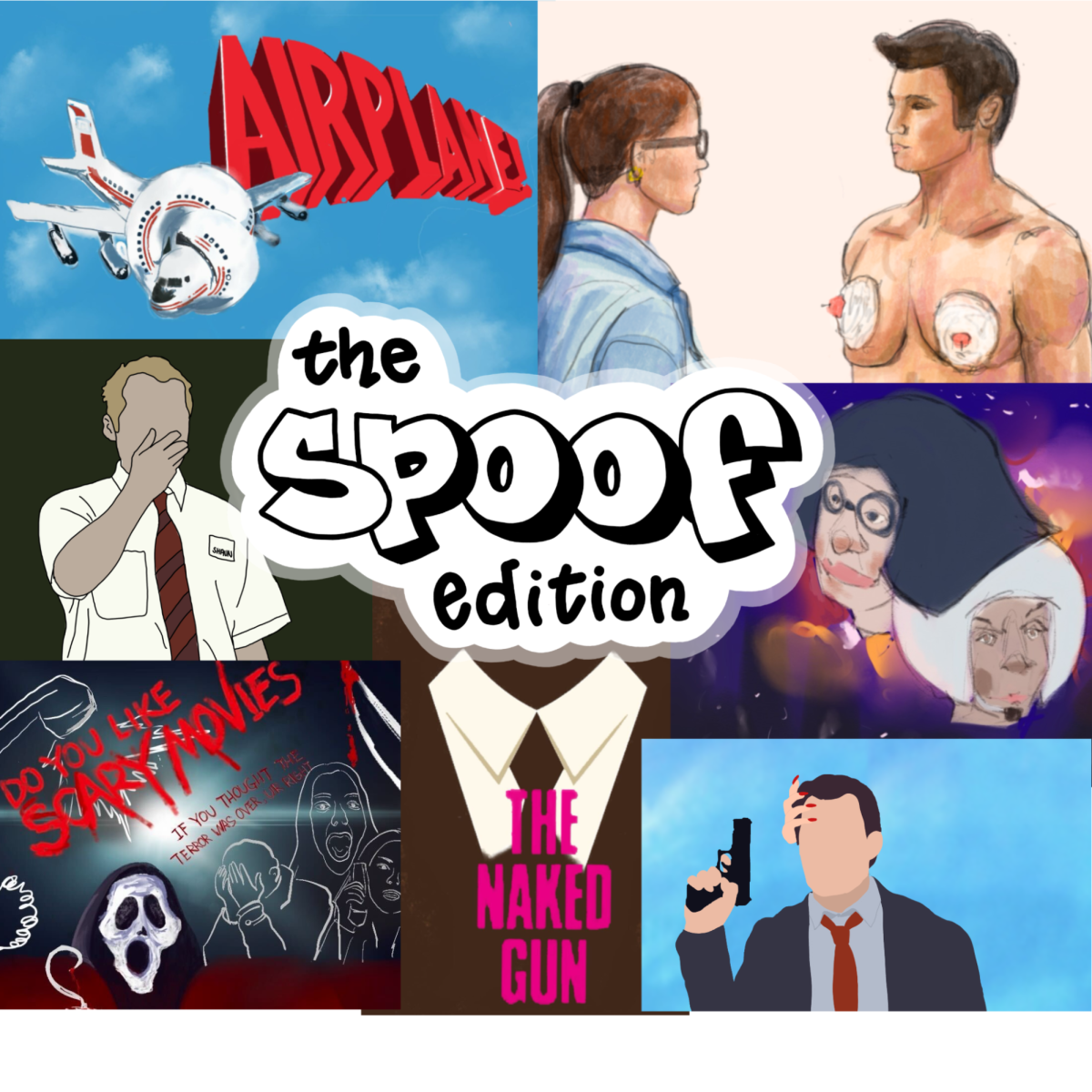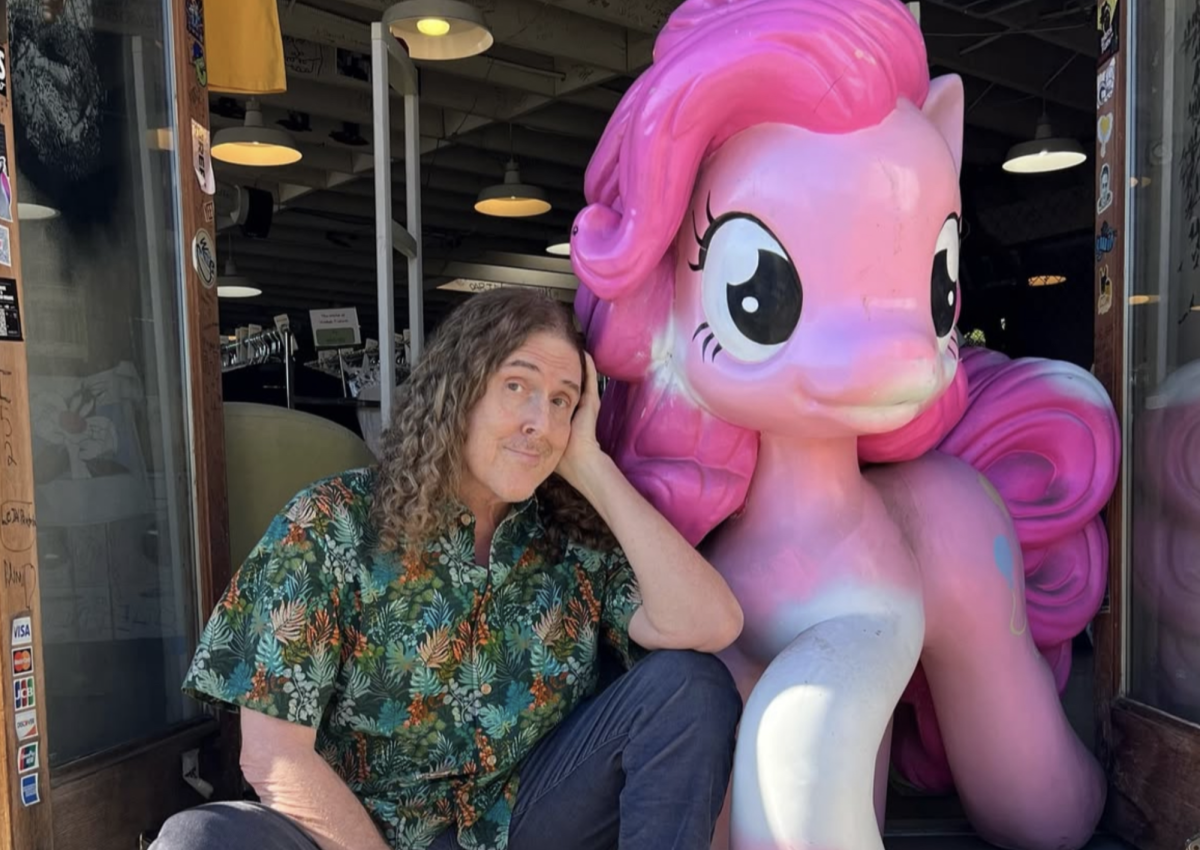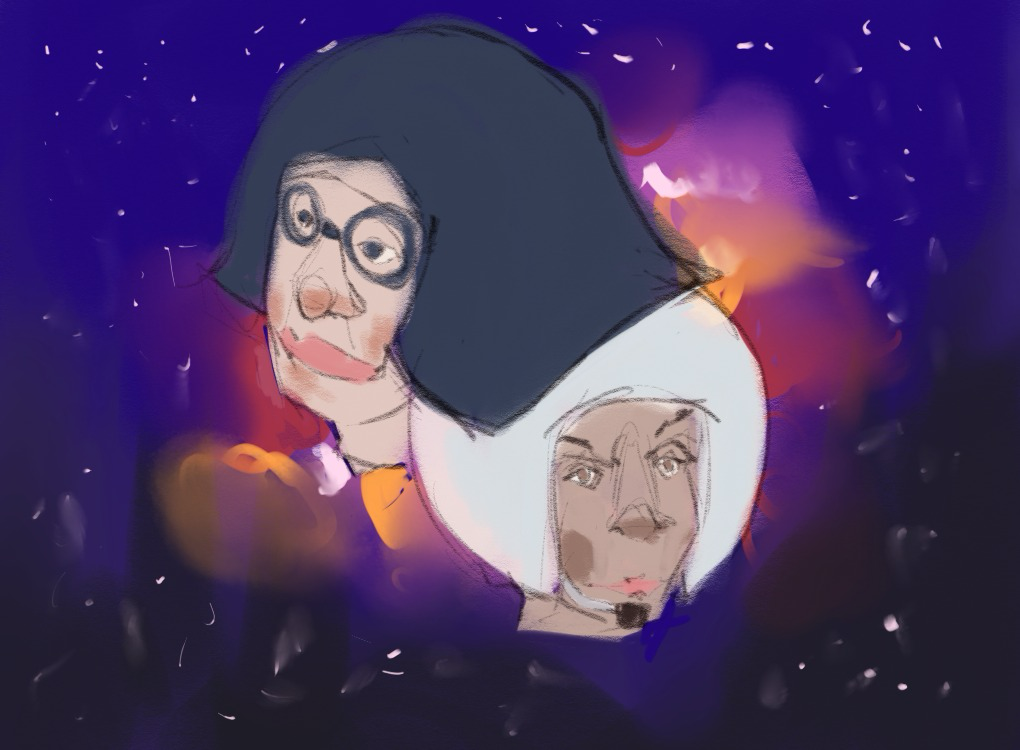
The third and final season of “The Summer I Turned Pretty” was an event. I, for one, literally had it scheduled into my Google Calendar every Wednesday, blocked out as if it were a doctor’s appointment. My friends and I built our nights around whether Belly (Lola Tung) would end up with Conrad (Christopher Briney) or Jeremiah (Gavin Casalegno). And judging by the number of watch parties and TikTok theories, we were not alone. This was a teen drama that people didn’t just stream; they planned for it. And while the season certainly wasn’t flawless, overall it provided exactly what I watched it for: a good time.
Part of what made this season so enjoyable was the acting, which felt like a noticeable level-up from previous seasons. There was a maturity and steadiness to the performances that kept the story from collapsing under the weight of its own melodrama. It finally felt like the cast understood their characters.
Briney’s performance as Conrad was the season’s anchor. The way he portrayed a forced happiness — smiling through the pain and cracking jokes that clearly masked a deeper grief — was the definition of subtle but effective. He made every scene he was in feel grounded, even when the dialogue veered dangerously close to soap opera territory.
Tung matched that energy with a performance that carried the emotional heart of the show. She captured Belly’s contradictions, her indecisions and her yearning with a sincerity that made the character feel achingly real. Tung has a way of layering vulnerability into the smallest of gestures, and it’s this attention to detail that makes Belly’s love for Conrad not only believable but magnetic.
In contrast, Jeremiah continues to be, well, Jeremiah. He is still, in my opinion, an entitled baby who cannot see past himself. And yet, I actually felt bad for him at times throughout the season. Casalegno was able to find moments of vulnerability that shined through the entitlement, making his character sympathetic to even his harshest critics (myself included).
Supporting performances also stood out in unexpected ways. Isabella Briggs as Denise, for instance, brought a much-needed sense of grounding. Her presence served as a reminder that these young adults don’t live in a drama-filled vacuum and managed to bring a likeability to Jeremiah through their interactions. Benito (Fernando Cattori) was another pleasant surprise, injecting fresh energy into the series and showing how new dynamics can really shake up a story that risks becoming predictable. But as fun as he was, the real heart of the show laid elsewhere.
Because when it comes to chemistry, the crown clearly belongs to Conrad and Belly. Their feelings for each other leapt off the screen, the kind of connection that had me both swooning and clutching my pearls. Every glance, every word, every hesitation carried weight — it felt undeniable and infinite. Belly and Jeremiah’s relationship, by contrast, was borderline comical in how forced it felt. There was little to no spark between them that showed up on screen. Steven (Sean Kaufman) and Taylor (Rain Spencer), however, were another bright spot. Their banter sparkled, their ease with each other felt genuine and the added backstory with Taylor’s mom, Lucinda (Kristen Connolly), gave Taylor’s character more depth than ever before. That extra layer made her romance with Steven completely believable and actually fun to root for.
Another improvement this season was pacing. The show has always played it pretty fast and loose with time, sometimes stretching a single day into multiple episodes, other times jumping forward by months or even years. In past seasons, this felt chaotic. But in season, it finally worked. Nothing dragged, nothing felt rushed and the timeline shifts actually made sense in context of the storylines.
Equally smart was the decision to release one episode per week. Too many streaming shows burn fast and fade from memory even faster, but “The Summer I Turned Pretty” became a weekly ritual. By stretching the season out, the show created anticipation, conversation and, most importantly, community. People weren’t just passively watching, they were theorizing, planning and marking their calendars. The finale especially felt like an event, something everyone was waiting for in unison. It also raises a bigger question to the industry: why are showrunners so committed to dumping full seasons at once when the weekly model so clearly builds hype and longevity?
The music did some heavy lifting this season. It made the sad moments that much more devastating and the romantic ones burn even brighter. “Dress” by Taylor Swift turned up the temperature in a steamy moment and “Sign of the Times” by Harry Styles turned an already tense scene into something anxiety-inducing. Practically every track elevated the emotion on screen, making already charged moments unforgettable. With the sheer number of tracks included in the season, it is admirable that each song packed such a punch.
Of course, I cannot talk about “The Summer I Turned Pretty” without addressing the elephant in the Cousins Beach house: the love triangle — specifically, the brother love triangle. It is a trope the show is built around, and it is hardly unique; “The Vampire Diaries,” “My Life with the Walter Boys” and countless others have done the same.
But really, how common is this in real life? I have yet to meet anyone caught between two siblings, and yet pop culture treats it as the ultimate romantic fantasy. Maybe I don’t move in the right circles, but it does feel like writers rely on them because they are dramatic, emotionally messy and guarantee conflict. In short, the trope carries the weight of the writing, meaning writers do not have to try very hard to create a compelling story.
Still, there is something absurd about how often they tear families apart for the sake of romance. And yet, even with the recycled setup, the show made it worth watching. The romance, the dialogue, the stolen glances, the aching yearning between Conrad and Belly revived the cliche, transforming what could have been lazy storytelling into something worth swooning over.
In the end, season three was the best “The Summer I Turned Pretty” has been. The acting was sharper, the pacing worked, the release pattern elevated the experience and while the love triangle trope still strains credibility, it still delivers as a teen drama.
Messy? Yes. Occasionally over the top? Definitely. But I had fun. And for a show I literally scheduled into my life, that’s everything.









